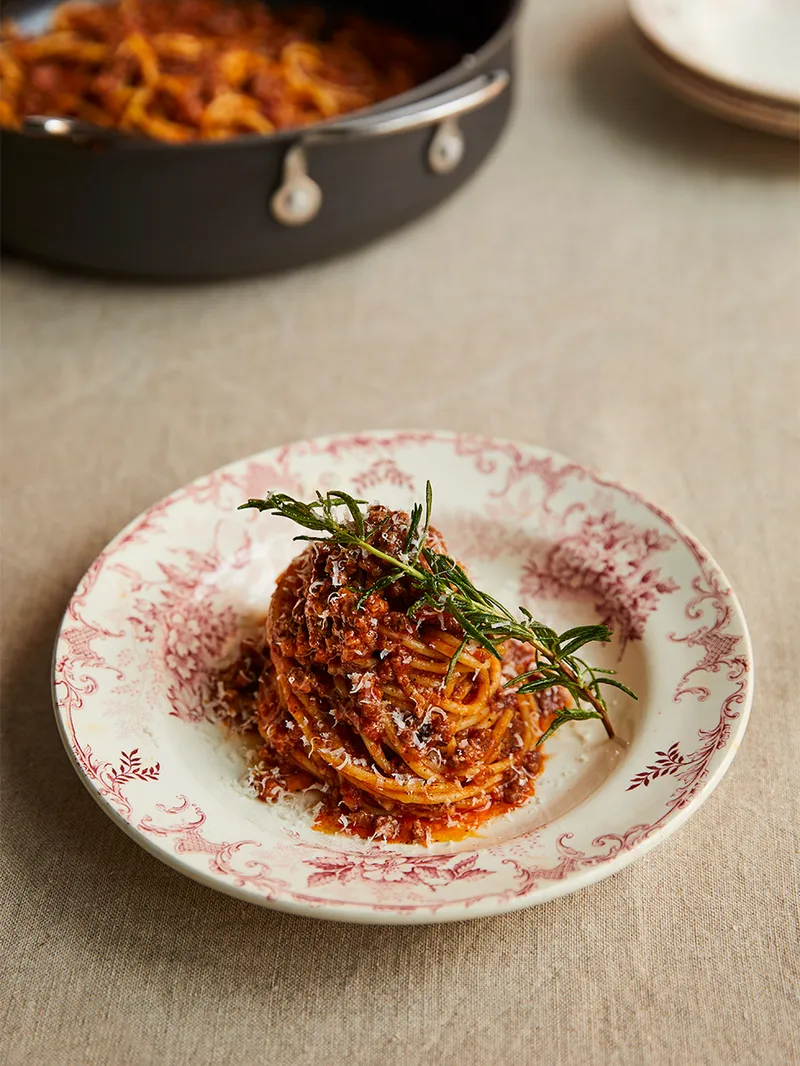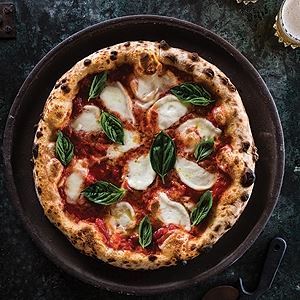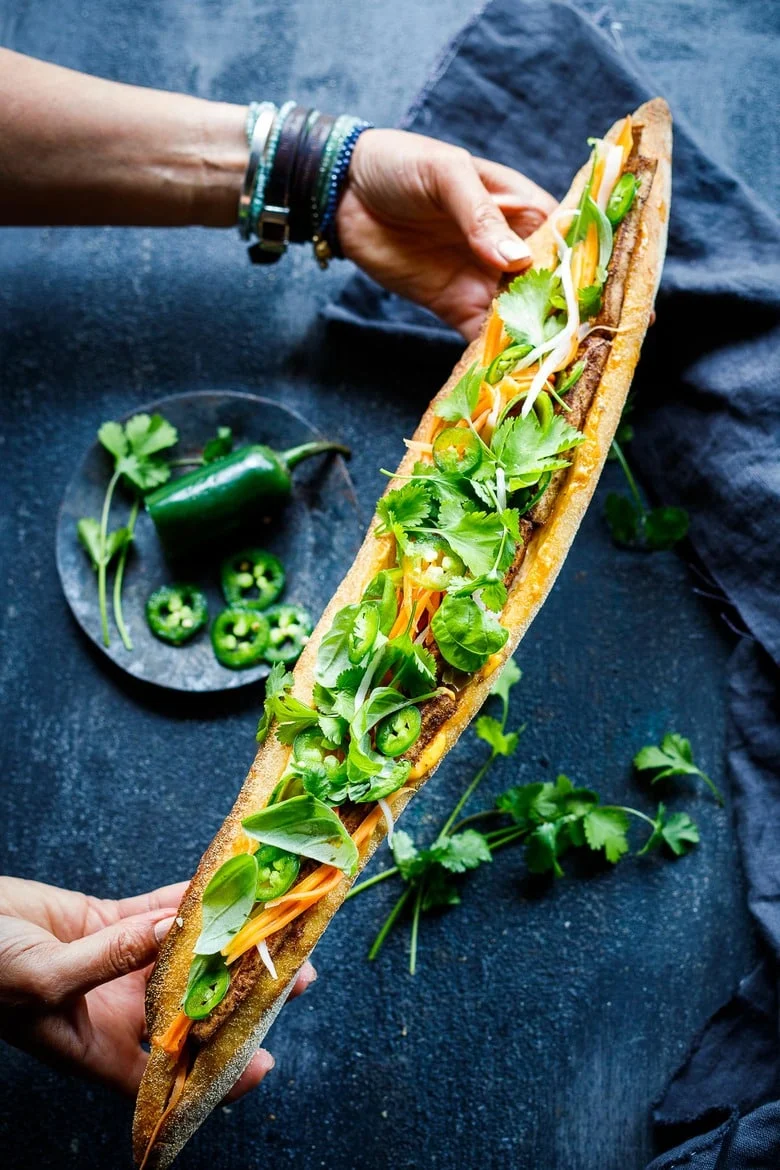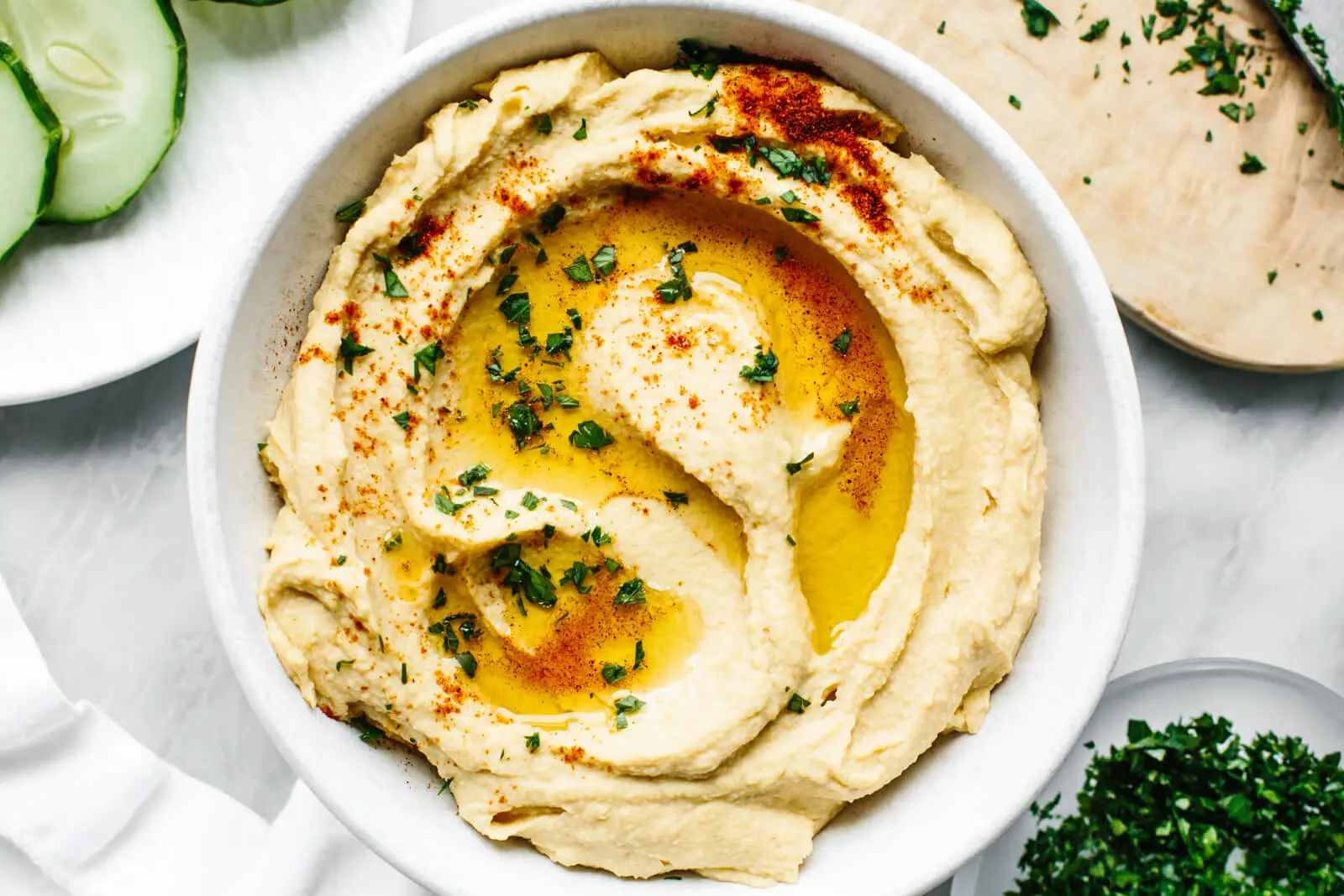Being clever doesn't necessarily mean being right
- Apr 17, 2023
- 4 min read
"It's not food if it's called by the same name in every language."
Michael Pollan
That statement is in Michael Pollan's book Food Rules: an eater's manual, that I retrieved a month or so ago from our street library. Michael Pollan is a much respected food writer whose most famous quote is 'Eat food, mostly plants.' And that particular quote is of course he is right. No arguments there. I'm not so sure about the quote at the top of the page however, which is followed by the words (Think Big Mac, Cheetos or Pringles.)
It's a pretty clever little statement encompassing in a few words the whole world of commercial fast and processed food. So you instantaneously think 'right on - you are so right.' And you give yourself a little pat on the back for not eating Big Macs - which I now see has grown into a Grand Big Mac.
But hang on a minute. What about Spaghetti bolognaise? Or Bolognaise as we call it? You can find that everywhere can't you, and always by the same name. (Which of course, as the purists will tell you is not the correct name anyway.) And what about? ... I will come to some examples in a moment.

I was flipping through Pollan's book looking for inspiration from the little post-it markers I had stuck in the book for things that might be a topic to write about some day, when I came across this one. This is just a couple of days after my Italian Word of the Day - well in this instance Italian Blog Post - which listed 30 Italian words that are the same in English. And the list was predominantly of food. Spaghetti, pasta, pizza, bruschetta, tiramisù, gnocchi, pesto ... There were so many I can't remember all of them, and it wasn't just lots of different pasta shapes. And sure they were only talking about English but many of them - pizza for one - would be words you find everywhere in the world. And that looks like a pretty fair interpretation of pizza by a Chinese student. What a coincidence I thought. I could write a few words about this. So here they are.
I suppose to be fair to Pollan lots of those foods have indeed been taken and turned into fast food of poor quality. However, it doesn't necessarily mean that the base product - the hamburger in the case of the Big Mac - is not a perfectly good - and healthy - meal. You can make a very healthy and tasty hamburger at home. Even some fast food products are really not that unhealthy or bad. Pizza, for example, varies hugely in quality from something like the one made by the Chinese guy , or the world championship Pizza Margherita made in a pizza place in Melbourne (see below), to an over the top Domino's. Lots of fast food pizza places, are really not that bad. And if you make it at home, you can top it with all manner of healthy stuff.
It's not just the Italians though who have spread their food and their language around the world. Off the top of my head I can think of sushi, hummus, banh mi, kimchi, ramen, pho, baguette, tacos, tandoori, some of which are shown below and there are many, many more.
Many of these are sometimes bastardised, either by fast food chains or companies who make processed versions of varying degrees for sale in a supermarket near you. But the original food is fundamentally a good thing. The name is the same. The end result is different.
The other people Pollan was having a dig at were the people who produced the processed things. He mentioned Cheetos and Pringles but of course there are thousands of such products, from Cocoa Cola to Vegemite - and who dares speak ill of Vegemite. Admittedly, off the the top of my head again, I cannot think of a really healthy processed/invented product but there must be at least a few.

(That's a picture from a Japanese Facebook page comparing a particular flavour - charcoal grilled half shell hotate with butter and soy sauce - of the two products. Well it shows how universal they are. Pollan is, at least right there.
Many of them, probably most, are to be avoided at all cost - always. I think Cheetos would probably fall into that category. But Pringles? Well I just had a look at the ingredients list as per Coles website for the original version: "Dehydrated potato, vegetable oils, wheat starch, rice flour, emulsifier (471), maltodextrin, salt, acidity regulator (330)." Salt is almost the last ingredient on the list, and apart from emulsifier and acidity regulator the rest of the ingredients are 'real'. (The Cheetos list is much longer.) Not great but not that bad either really for an occasional snack. Not for your entire diet of course. But then just eating potatoes wouldn't be a good thing either.
So yes it's, at first sight, a clever and truthful, almost witty, statement. But it's actually not true when you start to think about it. An aphorism - "a pithy observation which contains a general truth" Or perhaps too clever by half.


















Comments